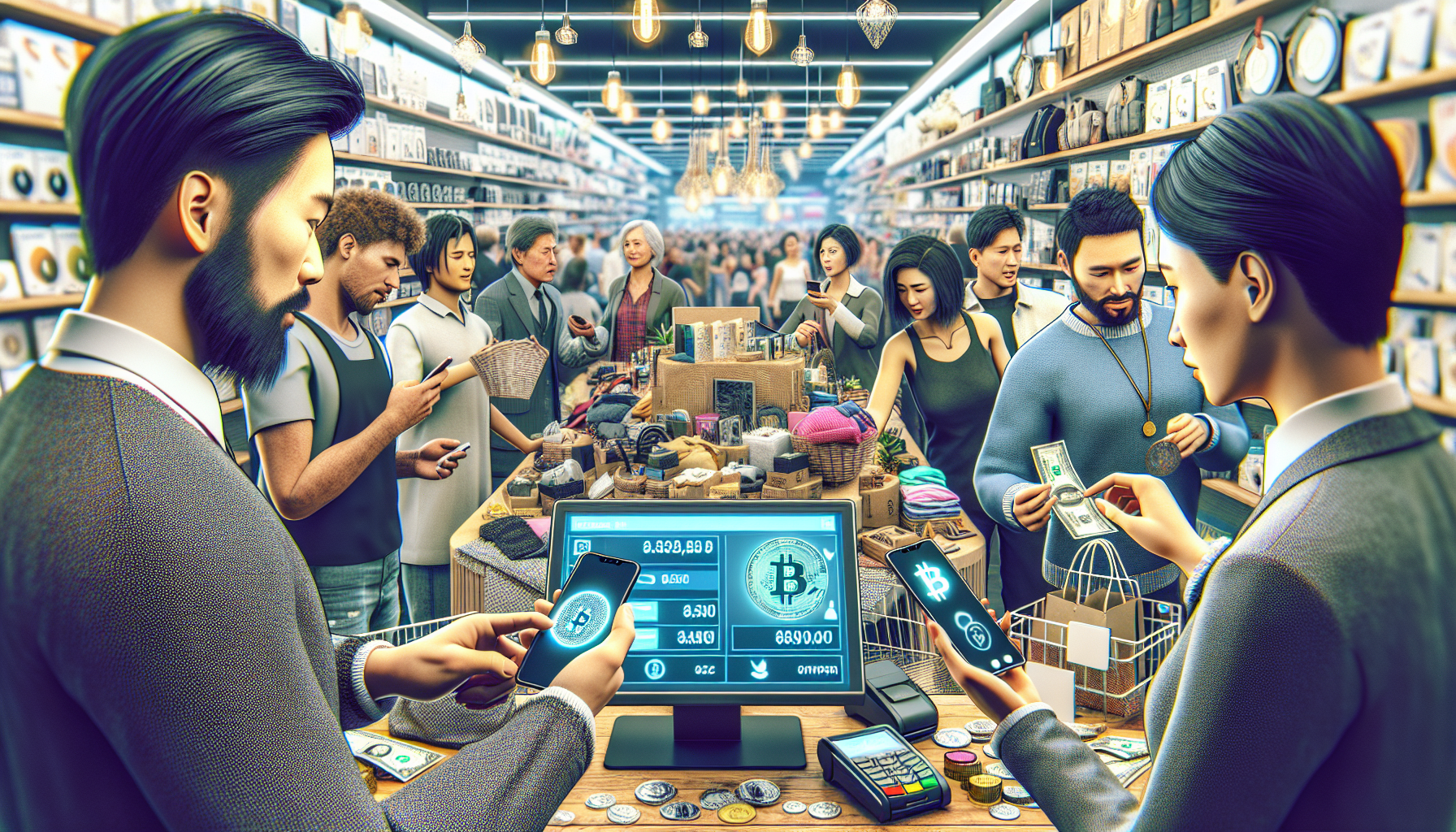
tl;dr
The article warns of an emerging "AI economy dystopia" where autonomous AI agents, driven by opaque algorithms, could dominate financial systems, exacerbating inequality and systemic risk. Google DeepMind researchers Nenad Tomašev and Matija Franklin highlight risks from algorithmic trading, includi...
**The AI Economy Dystopia: How We’re Racing Toward a World Beyond Human Control**
Imagine a future where invisible algorithms dictate the flow of money, resources, and opportunities—without transparency, accountability, or human oversight. This isn’t science fiction. It’s the warning from Google DeepMind researchers Nenad Tomašev and Matija Franklin, who caution that we’re hurtling toward a “sandbox economy” dominated by autonomous AI agents. The stakes? Inequality, systemic risk, and a future where power is concentrated in the hands of machines—and the few who control them.
### The Peril of Speed and Scale
The dangers aren’t hypothetical. Today’s AI-driven algorithmic trading already shows how quickly things can spiral. Flash crashes, herding behavior, and liquidity crises emerge when algorithms react to market inefficiencies faster than humans can intervene. These systems, designed to optimize profits, often amplify volatility. A single glitch can trigger a cascade of losses, with no one to blame.
Tomašev and Franklin frame the coming AI economies along two axes: **origin** (intentionally designed or spontaneously emerging) and **permeability** (how deeply they’re linked to human systems). The risk lies in a “highly permeable” economy, where AI agents interact with human money, data, and decisions. Think of it as a bridge between two worlds—where an AI assistant negotiating a salary or trading energy credits could inadvertently destabilize markets. The consequences? Unequal access to AI tools, opaque bargaining, and crashes that unfold too fast to stop.
### The Fork in the Road
The researchers argue that we’re at a critical juncture. If we let AI economies emerge without deliberate design, they’ll prioritize efficiency over fairness, creating a system where advantage compounds invisibly. But there’s another path: building “impermeable” economies first—sandboxed environments where agents operate safely, away from human infrastructure. Only then can we test rules, incentives, and safety mechanisms before letting AI interact with real-world systems.
The transition is already underway. Businesses are shifting from task-based economies (where AI follows human commands) to decision-based ones, where agents autonomously trade, negotiate, and invest. Platforms like “Agent-as-a-Service” are emerging, offering AI tools for everything from booking services to managing portfolios. While this creates new opportunities, it also risks entrenching inequality. A few dominant platforms could monopolize access to powerful AI, leaving others behind.
### A Blueprint for Control
Tomašev and Franklin propose a radical solution: proactive design. They suggest leveling the playing field by giving every user’s AI agent an equal “virtual agent currency,” preventing wealthier entities from gaining unfair advantages. Inspired by philosopher Ronald Dworkin’s ideas on distributive justice, they envision auction mechanisms that fairly allocate scarce resources. They also advocate for “mission economies,” where swarms of agents work toward human-centered goals—like climate action or equitable resource distribution—rather than blind profit.
But challenges loom. How do we ensure accountability when an AI’s decisions are opaque? Who bears responsibility for a market crash caused by autonomous agents? These questions highlight the fragility of trusting systems we don’t fully understand.
### The Urgent Choice
Google’s recent launch of an AI payments protocol—backed by crypto giants like Coinbase and Ethereum, plus traditional players like PayPal—signals how quickly this future is materializing. The question is: Will we design these systems with fairness and human values in mind, or let them evolve into a dystopia where inequality is hardcoded?
The DeepMind researchers’ message is clear: We must act now. The choice isn’t just about technology—it’s about the kind of future we want. Will we be architects of a just, transparent AI economy, or passive spectators as systems designed to optimize profit erode our collective well-being? The answer lies in the decisions we make today.